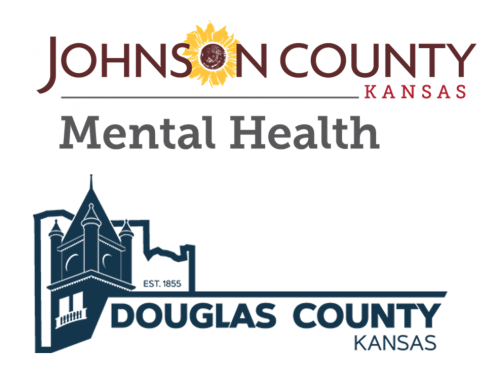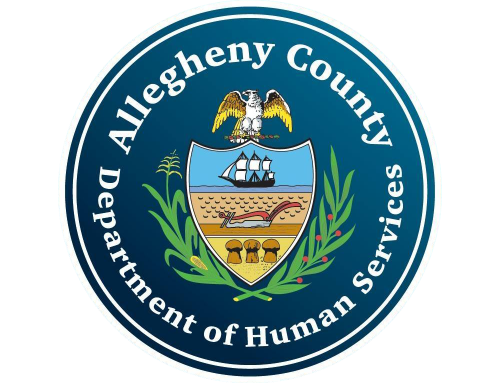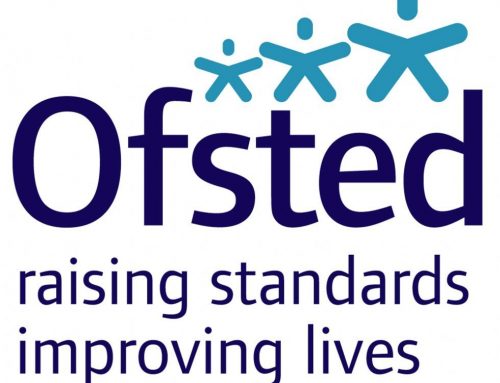Improving Social Services Interactions

Fellows: Chris Bopp, Cindy Chen, Isaac McCreery, Carl Shan
Data Science Mentor(s): Young-Jin Kim
Project Partner: Health Leads
Medicine by itself cannot always provide us with health. If a sick child lives in a mold-infested house, asthma medication will only do so much. Medical issues are caused, prolonged, or exacerbated by lack of access to basic human needs such as food, transportation, or social services.
Health Leads envisions a healthcare system in which all patients’ basic resource needs are addressed as a standard part of quality care. In the clinics where they operate, physicians and other providers can prescribe food, heat, and other basic resources their patients need to be healthy, alongside prescriptions for medication. Health Leads advocates then help families navigate the complex social services landscape and provide ongoing support with frequent follow-up calls, text messages, emails, and research.
However, maintaining relationships with patients who live in an unstable environment presents a unique challenge for Health Leads. In 2014, we helped them improve sustained engagement, and determine why some clients are actively engaged, why others disengage, and what effective strategies Health Leads can pursue. Using the organization’s client engagement data, service provider data, and patient demographics, the DSSG team investigated effective ways to reduce the dropout rate and increase responsiveness by exploring different methods of communication. By discovering strategies to improve patient responsiveness, the project can help Health Leads advocates strengthen their relationship with clients and ensure that the most needed resources are effectively delivered.
You can read more about this project on our blog and access the github repo here.




